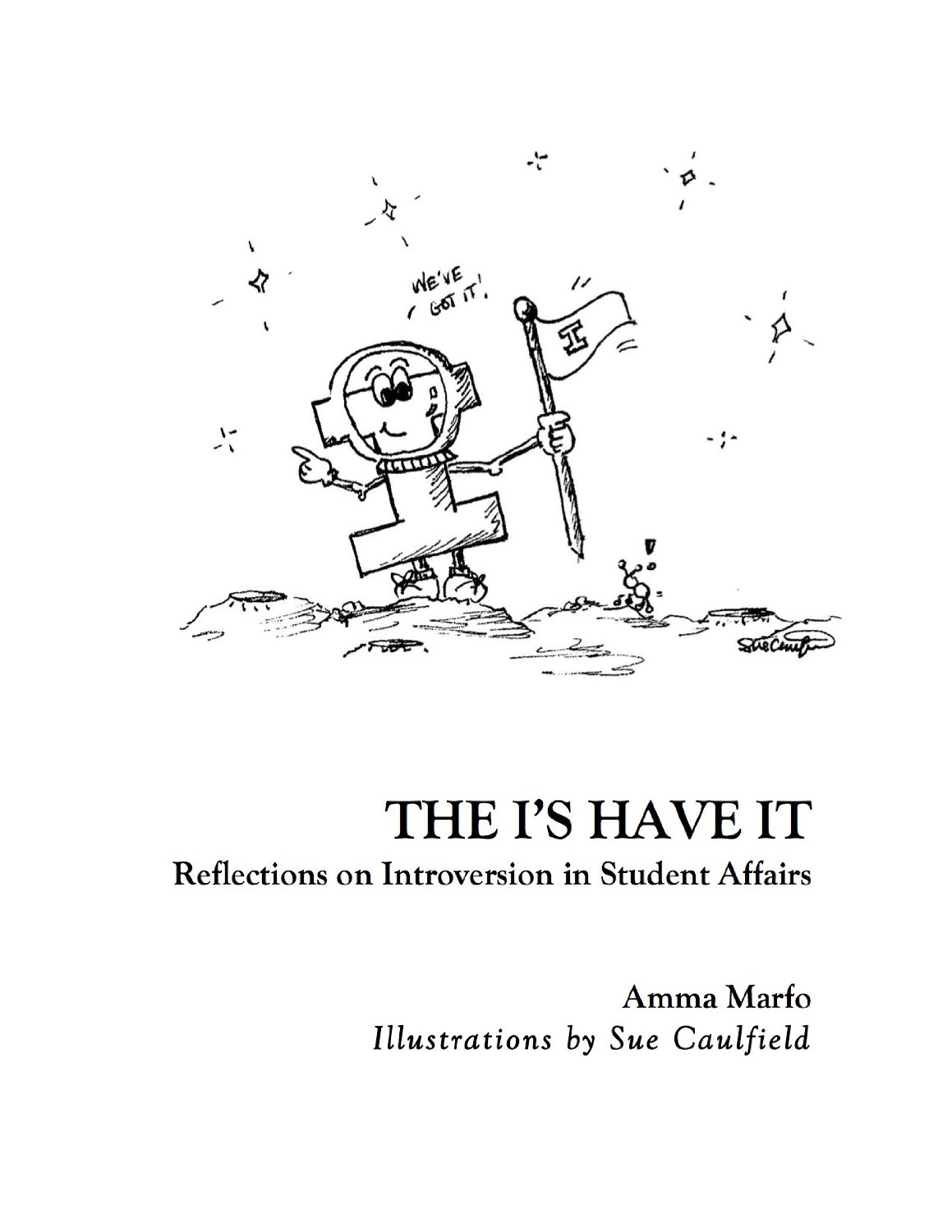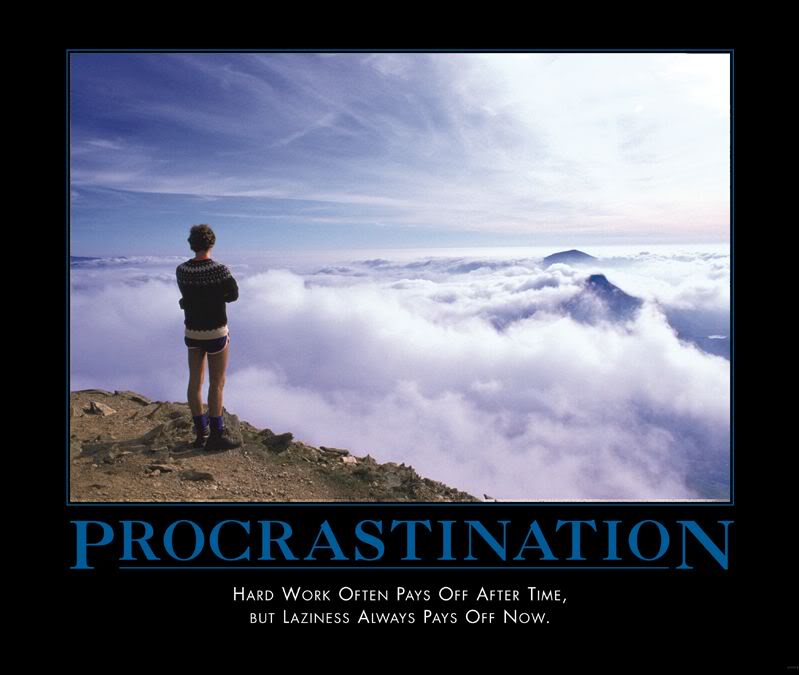What is the Value of National Student Affairs Conferences?
Conference Registration = $600 (less if done earlier, $450 for early bird)
ACPA Membership = $93-149 (2013-14 Membership Rates from ACPA)
Conference Registration = $480 (less if done earlier, $430 for early bird)
NASPA Membership = $75-242
Hotel = $200/night (average for Tampa, higher for New Orleans)
Airfare = $200-700 (depends on several variables)
Total (average, estimated) = $1,900 cost per conference + food, parking, taxis, and misc. items
I'll be honest, I thought this would be a lot higher. While it could be a tad higher depending on individual variables, and food could also be a huge expense, I envisioned costs being much higher (and they most likely will be especially for ACPA in Montreal next year). With that being said, a lot of folks are not going to be able to just drop this sort of money on a conference without any sort of assistance. Many of us are going to have our own homes and families to keep afloat and a national student affairs conference (which has had dwindling returns and value in my opinion) just will not make the cut when there are plenty of cheaper (or free) and better professional development options out there. This goes too for the webinars I've seen out there for student affairs folks. Why are they so expensive? Is it assumed multiple people are sitting in on one registration? Isn't it just someone doing a presentation virtually? It seems absurd to me that it needs to cost professionals hundreds of dollars for at times just an hour presentation.
I'm very grateful to be able to have had the support of my institution to go to a national conference. This is a rarity though (especially to have most everything covered) and not to be assumed to be available to most folks. I presented at ACPA and appear to be one of a few in my Student Life office going to any conferences this year. I'm not competing for this funding with anyone so I haven't had to valiantly prove why I deserve to go.
I think what this high cost results in is an insular, privileged, select group of people that can afford conferences or are lucky enough to have their institution support them. This ends up with us having the usual suspects at conferences and leaving a lot of other amazing professionals out of the inner circles. It comes across as clique-y and oft-putting for people from the outside. What these conferences always do best is bring people together but it isn't doing too well at that if it is the same cohort of people coming together all the time. We need more voices included in these discussions. This will add value and return on investment for sessions, committees, and the entire experience when there is more diversity of perspective from different institutions and people from different backgrounds.
I've been wanting to capture my thoughts on this for a while now. I gave it a fair amount of consideration before posting and I appreciate any insight from others who may have planned conferences or just have something to share. I think this is a valid discourse to have so I felt it important to put forth my thoughts here. We need to do better to bring people in for these opportunities to move our profession forward. It seems like we all could really use it.






